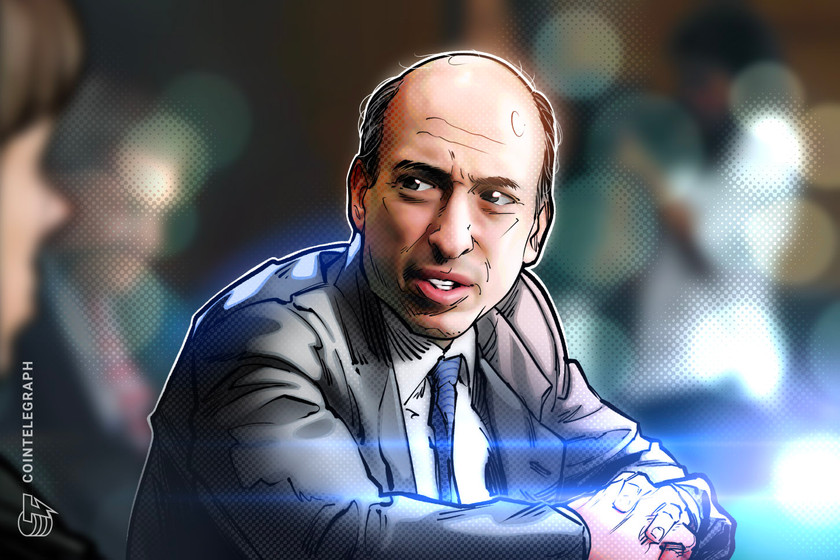“I hate to say I told you so” is a phrase oft-repeated but rarely sincere. It’s a delightful feeling to claim credit for warning about a problem in advance. That’s a liberty I’m taking with federal financial regulators at the United States Securities and Exchange Commission.
In January of this year, while serving as a member of the SEC Investor Advisory Committee that advises SEC Chairman Gary Gensler on crypto and other matters, I filed a petition with the SEC. I asked them to open a formal public comment about unique issues presented by crypto and other digital assets. I pointed to crypto custody and intermediary conflicts of interest as key issues the SEC should address.
I called this fresh start a “Digital Asset Regulation Genesis Block” that would help the SEC improve crypto regulation. The SEC aggressively ignored me.
Upon my term ending on the SEC’s advisory committee last week, I took the chance to give Chair Gensler some strong words about his abuse of digital assets. Check out Gensler’s response. pic.twitter.com/3oa5xJU1Ch
— J.W. Verret, JD, CPA/CVA (@JWVerret) March 15, 2022
The SEC and U.S. bank regulators’ failure to adapt rules to crypto intermediaries didn’t directly cause the blowup at FTX. Yet their failure to create working rules for U.S. crypto intermediary exchanges to custody crypto has enabled an environment where scammers like Sam Bankman-Fried could thrive overseas.
Let’s start with the basics. The point of crypto is not to have a new product trade within the traditional financial system. Crypto is a revolution in finance that empowers asset owners.
The point is individuals get the same control over their assets that Goldman Sachs partners enjoy over their assets as they transfer, lend and exchange crypto in a decentralized financial system.
Related: Federal regulators are preparing to pass judgment on Ethereum
Doing that right is an awesome responsibility for new users. It requires knowing something about the smart contract code you’re interacting with, familiarity with cold storage wallets and basic operational security for encryption keys.
The full revolution will take time. The revolution will not be brought to you by JPMorgan (so, don’t buy the JPMorgan Coin). Yet most new users will initially enter crypto through custodial intermediaries that look a bit like traditional financial intermediaries.
Intermediaries that custody crypto for newbie retail users need a rule book to protect customers from…
Click Here to Read the Full Original Article at Cointelegraph.com News…
























